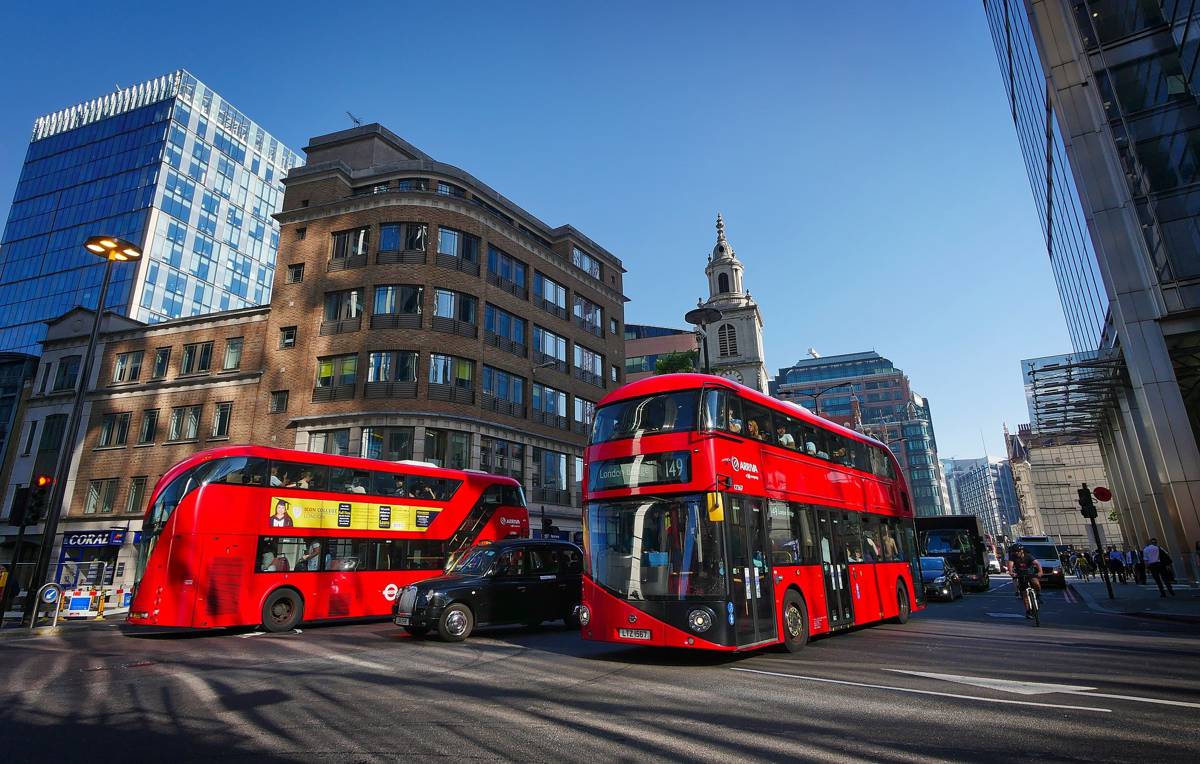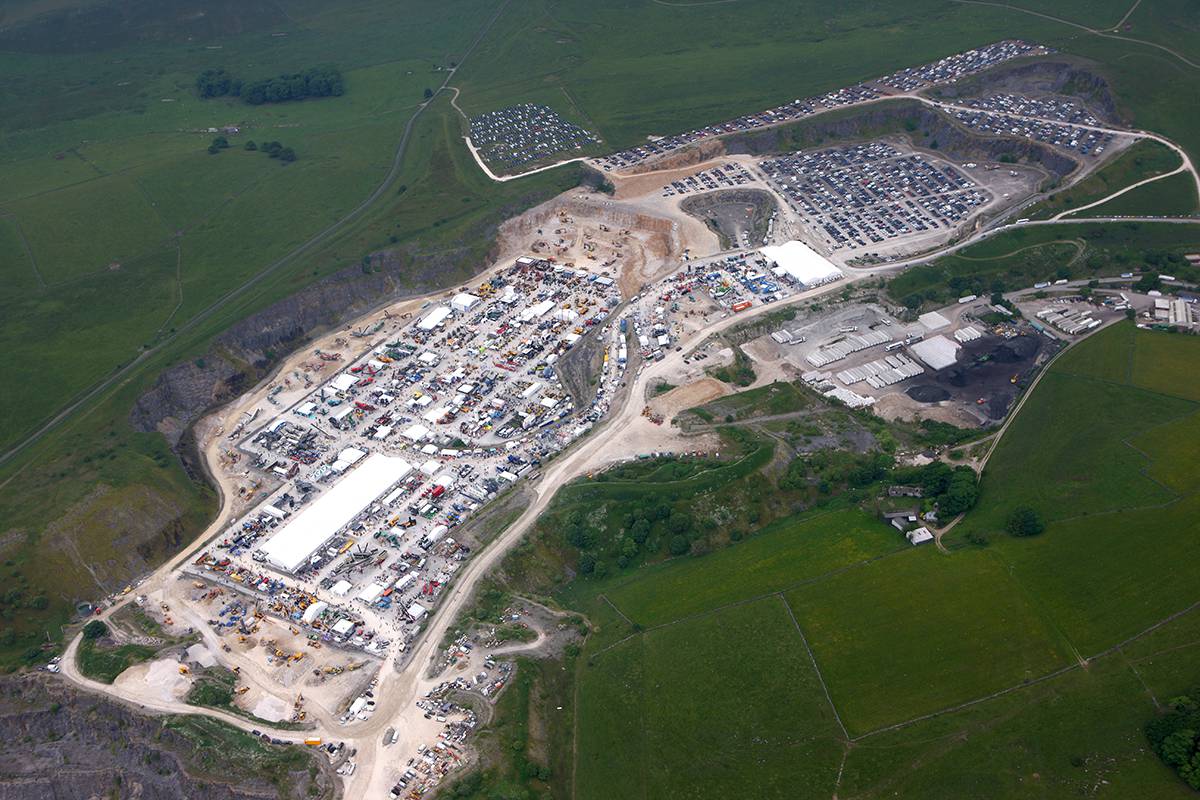Zero emission bus funding to help UK minimise carbon from local public transport
In order to achieve the long-term objective of reducing the carbon footprint in the United Kingdom, the government has been incorporating various precautionary measures, as well as several steps that can lead to transformational changes over the coming years.
The usage of electric vehicles (EVs), companies committing to reduce the net carbon emissions by remodelling their operations, an extension of EV charging infrastructure across the country are some of the major steps that can be pivotal in bringing down the net emissions.
Expediting launch of zero-emission buses
The government has now launched a new scheme that is designed to benefit the local transport authorities in introducing the zero-emission buses on various routes across England. For the same purpose, the Department for Transport (DfT) has set aside a sum equivalent to £120 million from the broader sum of £3 billion that was announced by the government to improve bus services in the country.
The multi-million funding will be channelized through the Zero Emission Buses Regional Area (ZEBRA) scheme under the administrative supervision of DfT. With the proposed funding, the local transport authorities will be able to purchase zero-emission buses and align them on the busiest routes.
Reducing carbon footprint
Following the collective introduction of zero-emission buses, the transport authorities can contribute to reducing the carbon footprint from their respective jurisdictions, effectively improving the quality of air in towns and cities across England. As per the DfT estimates, the said funding will help secure up to 500 zero-emission buses for England.
The recent push towards the inclusion of 500 zero-emission buses will further the government’s ultimate objective of introducing nearly 4,000 buses of similar build in the upcoming years.
On the other hand, passengers are highly likely to benefit from the new decision to fast-track the introduction of zero-emission buses. Following the introduction of zero-emission wagons, the fares will be simpler and lower, and there will be a definite improvement in the frequency of buses.
Fast-tracking processes
The government has allied on the consortium of local transport authorities, bus manufacturers, energy companies and bus operators doing business in England to ensure the quick utilisation of £120 million funding, helping the British bus manufacturers with a fresh injection of orders. At the end of the day, the funding is likely to minimise the overall carbon footprint from commercial transport, support the national bus strategy, make travel more reliable, cheaper, greener.
Furthermore, the monetary backing will help in ensuring the zero-emission buses are being built, bought, and driven on the roads across England with an intention to benefit the local economies and communities.
In order to secure a portion from the funding, all the bidders are mandated to submit the respective expressions of interest (EoI) until 21 May 2021. With this, the transport authorities will be entitled for the well-developed proposals to move quickly in their bid to secure the amount. The government has announced that all the local transport authorities should submit their respective EoIs.
In exceptional cases, the local authorities that require more time to develop their proposals for the bids are allowed to submit the EoI until 25 June 2021. The comprehensive decarbonisation plans of the government are likely to be expedited in the years to come as the hardships of the coronavirus pandemic have severely affected the timeline to achieve several pre-defined objectives.





























